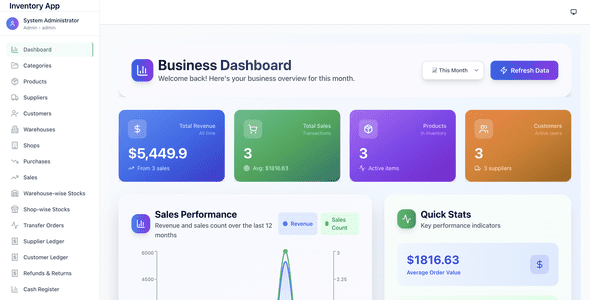The Easy GIT Code Deploy script provides a streamlined solution for developers looking to automate their deployment workflow from Git repositories to live Linux servers. This PHP-based tool eliminates manual deployment hassles by automatically updating your production environment whenever code changes are pushed to GitHub or Bitbucket repositories.
How the Automated Git Deployment Script Works
This lightweight PHP script acts as a webhook receiver that triggers whenever you push code to your connected Git repository. The deployment process follows three simple steps:
- Development Changes: You commit and push code changes from your local environment
- Repository Update: GitHub/Bitbucket detects the push event
- Automatic Deployment: The script pulls the latest changes to your live server
Key Benefits of Using This Deployment Solution
Unlike many commercial deployment tools, this script offers several distinct advantages:
- Cost-effective: Completely free with no monthly subscriptions
- Platform agnostic: Works with any Git client including command line, TortoiseGit, SourceTree, and others
- Minimal setup: Requires basic PHP knowledge and a Linux server environment
- Reliable: Built with stable PHP 5.6 for broad compatibility
Comprehensive Feature Breakdown
Core Functionality
The script handles all aspects of automated deployment with these capabilities:
- Real-time synchronization between repository and production server
- Support for both public and private repositories
- Secure webhook integration with GitHub and Bitbucket
Developer-Friendly Components
To simplify implementation, the package includes:
- Step-by-step documentation for quick setup
- Folder helper utility for proper file organization
- Clear error logging for troubleshooting
Implementation Requirements
Before setting up the automated deployment system, ensure your environment meets these specifications:
Server Requirements
- Linux-based operating system (CentOS, Ubuntu, etc.)
- PHP 5.6 or higher installed
- Git installed on the server
- Web server (Apache, Nginx) configured to execute PHP
Technical Knowledge
- Basic understanding of Git workflows
- Familiarity with Linux command line
- Ability to configure webhooks in GitHub/Bitbucket
Getting Started with Automated Deployments
To implement this solution in your development workflow:
- Upload the script to your desired directory on the production server
- Configure repository webhooks to point to the script URL
- Set appropriate file permissions for the deployment directory
- Test the workflow with a sample commit
Best Practices for Smooth Operation
For optimal performance and security:
- Use SSH keys instead of passwords for repository authentication
- Implement IP whitelisting for webhook requests when possible
- Set up proper file ownership and permissions on deployment directories
- Consider implementing a staging environment before production deployment
Troubleshooting Common Issues
If you encounter problems during setup or operation:
- Webhook failures: Verify the endpoint URL and check server error logs
- Permission errors: Ensure the web server user has proper access rights
- Sync problems: Confirm the repository URL and branch settings are correct
This automated deployment solution bridges the gap between development and production environments, enabling teams to focus on coding rather than manual deployment tasks. By implementing this streamlined workflow, you can significantly reduce deployment errors and accelerate your release cycles.



